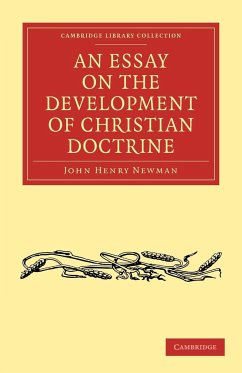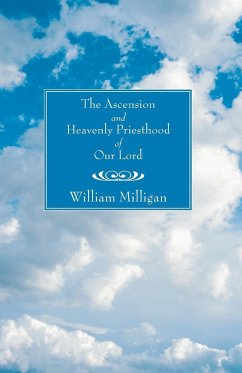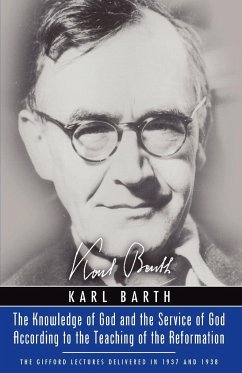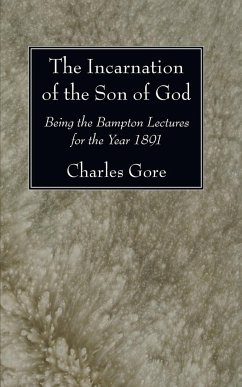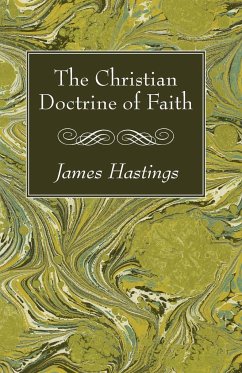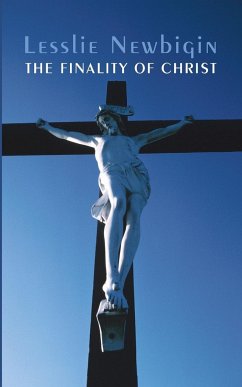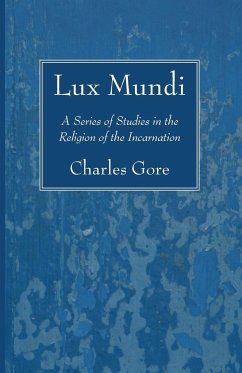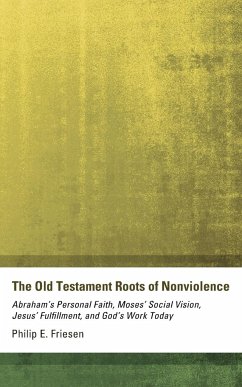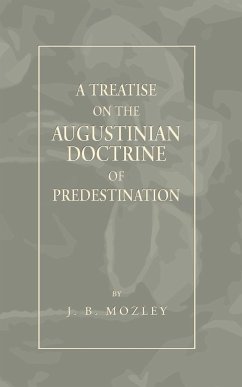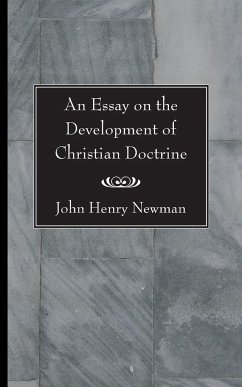
An Essay on the Development of Christian Doctrine
Versandkostenfrei!
Versandfertig in 1-2 Wochen
39,99 €
inkl. MwSt.

PAYBACK Punkte
20 °P sammeln!
John Henry Cardinal Newman begins the 'Essay' with a definition of development, pointing out that the real problem is how to distinguish true developments from corruptions and decays. He then goes on to a sweeping consideration of the growth and development of doctrine in the Catholic Church, from the time of the Apostles to Newman's own era. He demonstrates that the basic "rule" under which Christianity proceeded through the centuries is to be found in the principle of development, and emphasized that throughout the entire life of the Church this law of development has been in effect and safe...
John Henry Cardinal Newman begins the 'Essay' with a definition of development, pointing out that the real problem is how to distinguish true developments from corruptions and decays. He then goes on to a sweeping consideration of the growth and development of doctrine in the Catholic Church, from the time of the Apostles to Newman's own era. He demonstrates that the basic "rule" under which Christianity proceeded through the centuries is to be found in the principle of development, and emphasized that throughout the entire life of the Church this law of development has been in effect and safeguards the faith from any real corruption.





